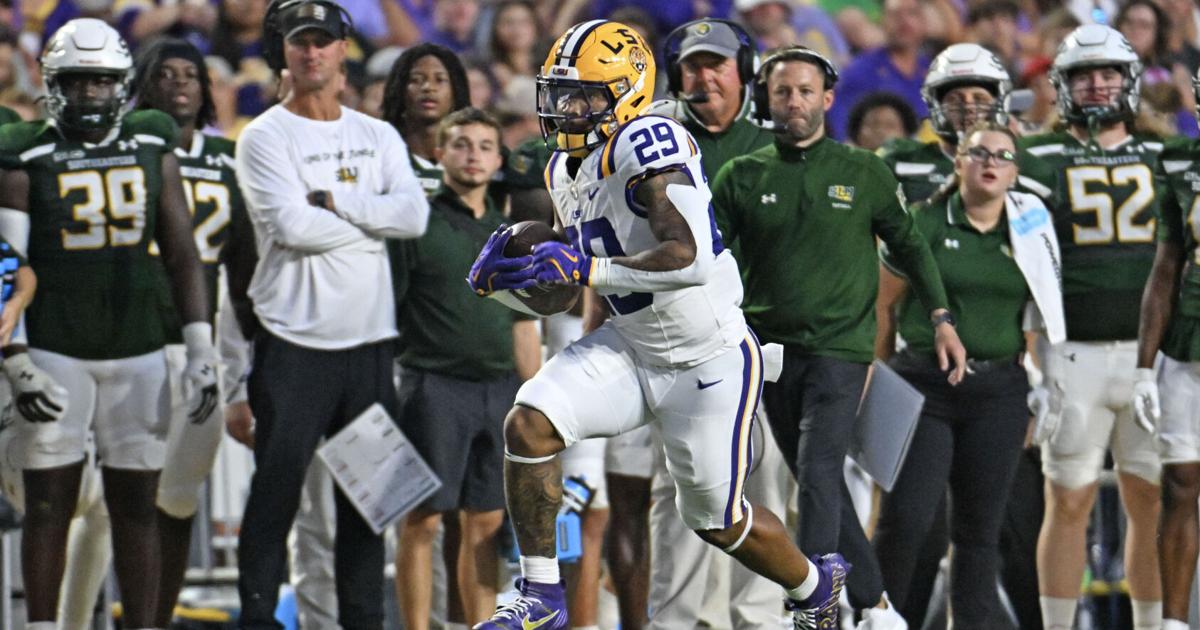Will They Be Sent Back to Somalia Soon?

Published: 2025-09-21 02:05:42 | Category: Trump GNEWS Search
Phil Mickelson, a legendary pro-golfer known for his sharp wit and candid opinions, recently took aim at Democratic Representative Ilhan Omar following her contentious remarks about conservative commentator Charlie Kirk. In a series of posts on social media, Mickelson expressed his disdain for Omar's comments, calling for her deportation while engaging in a heated debate about political discourse in the US.
Last updated: 14 October 2023 (BST)
Key Takeaways
- Phil Mickelson criticises Ilhan Omar’s remarks on Charlie Kirk, calling for her deportation.
- Omar defended her comments on a CNN interview, stating she will not honour Kirk’s legacy.
- Mickelson's social media activity has shifted focus from sports to political commentary.
- Omar’s comments and Mickelson’s reactions highlight the polarisation of American politics.
- The discourse reflects broader societal tensions and varying interpretations of free speech.
Background of the Controversy
The recent exchange between Phil Mickelson and Ilhan Omar stems from a video where Omar defended her remarks about Charlie Kirk, a conservative activist known for his provocative statements. Following Kirk's assassination in Utah on 10 September 2023, Omar's comments drew significant attention, leading to backlash from various quarters, including Mickelson.
Ilhan Omar's Comments
During her appearance on CNN, Omar described Kirk as “Dr. Frankenstein” who was ultimately “killed by his monster.” This metaphorical language was used to critique Kirk's influence and the support he garnered from certain factions of society. She expressed her discontent with those who wished to honour Kirk, stating, “I am not going to sit here and be judged for not wanting to honour any legacy this man has left behind.” This statement reflects her broader disdain for what she perceives as hate speech and intolerance within political discourse.
Phil Mickelson's Response
Mickelson, often referred to by his nickname "Lefty," responded vehemently on social media. He accused Omar of “spewing hate” and suggested that she had come to the United States fraudulently, implying that she should be deported back to Somalia. His post, made on X (formerly Twitter), has since garnered significant attention, reflecting the charged atmosphere surrounding political discussions in the country.
The Political Landscape
This incident illustrates the current climate of American politics, where political figures often face intense scrutiny and backlash for their comments. The polarisation of opinions has led to a scenario where figures like Mickelson, typically associated with sports, feel compelled to engage in political debates.
Analyzing Phil Mickelson’s Shift
Mickelson’s recent foray into political commentary is noteworthy, given that his public persona has traditionally revolved around golf and finance. His posts about Kirk and Omar indicate a willingness to engage with political issues, a shift that may resonate with a segment of his audience. This transition raises questions about the role of public figures in political discourse and whether they should use their platforms to address controversial subjects.
Public Reaction and Implications
The responses to both Omar's comments and Mickelson's reactions have been mixed. Supporters of Omar argue that her critiques are valid and necessary in a political climate rife with divisive rhetoric. Conversely, critics, including Mickelson, see her remarks as an affront to the principles of free speech and a failure to acknowledge differing viewpoints.
Understanding the Broader Context
This debate is emblematic of a larger issue within American society, wherein expressions of free speech are often met with counter-responses that can escalate into calls for censorship or retaliation. The tension between freedom of expression and the potential for hate speech remains a contentious topic, with both sides of the political spectrum grappling with its implications.
What Happens Next?
As the fallout from this incident continues, it is likely that both Mickelson and Omar will face further scrutiny regarding their remarks. Public figures must navigate the complexities of political commentary while maintaining their primary identities. The ongoing dialogue surrounding freedom of speech and political correctness will undoubtedly shape future interactions among politicians, public figures, and the general populace.
Conclusion
The exchange between Phil Mickelson and Ilhan Omar serves as a potent reminder of the intricate dynamics at play in contemporary American politics. As political figures continue to make headlines with their statements, the lines between sports, celebrity, and politics will likely continue to blur. How this will influence public perception and discourse remains to be seen, but one thing is clear: the conversations are far from over.
FAQs
What did Phil Mickelson say about Ilhan Omar?
Phil Mickelson accused Ilhan Omar of “spewing hate” and suggested she should be deported back to Somalia after she defended her comments about Charlie Kirk.
What comments did Ilhan Omar make about Charlie Kirk?
Ilhan Omar referred to Charlie Kirk as “Dr. Frankenstein” who was killed by his monster, criticising those who wanted to honour his legacy after his assassination.
Why are Phil Mickelson's comments significant?
Mickelson's remarks highlight the intersection of sports and politics, showing how public figures can influence political discourse and engage with broader societal issues.
How did the public react to this controversy?
Public reactions have been mixed, with supporters of Omar defending her stance and critics, including Mickelson, arguing against her remarks as intolerant and hateful.
What are the implications of this exchange for political discourse?
This exchange reflects the polarisation of American politics and the challenges of navigating free speech versus hate speech in contemporary discussions.



